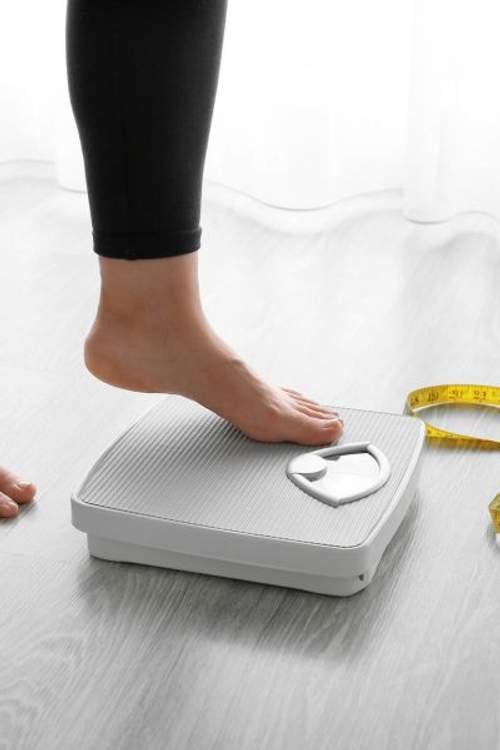I'm a Specialist GP and Board Certified Lifestyle Physician.
I specialise in preventing and treating chronic diseases. In order to help my patients I employ a range of strategies, but particularly I focus on diet and other lifestyle changes, including low carb, ketogenic and carnivore diet nutrition principles, as well as my own creation, The Primal Fusion Diet.
I will treat the whole you, spend time with you, not rush you out of the room, and really try to get to the bottom of your issues rather than just putting you on pills straight away.

I prefer to treat the root cause
rather than relying on medications
Full holistic care
General Practice
All aspects of standard general practice and skin cancer
Mental Health
Working with you to fix your mental health issues
Lifestyle Medicine
Cut the reliance on drugs and treating without medications
Functional Health
Helping with your gut health and chronic pain syndromes
Integrative Medicine
Combining evidence-based and emerging therapies
Weight Loss
Lose weight safely and properly, and keep it off
Oxalate Care
Overloaded with oxalates? I can help you navigate this
Private Coaching
Coaching and dietary advice (for international patients)
All aspects of primary care
✓
Prescriptions
For those times we just need medications
✓
Medical certificates
Sometimes we are sick and need the day off
✓
Skin cancer
Skin checks and skin cancer treatments
✓
Chronic disease and care plans
Treat chronic diseases and refer to allied health and other specialists
✓
Mental health
Care plans and Focussed Psychological Strategies

And stopping medications where possible
✓
Diet
Learning to heal the body with our diet, the importance of gut health, and how to correct health problems with the food that we eat
✓
Nutrition
Recognising the importance of gut health and how nutrition plays a pivotal role in our current health problems
✓
Sleep
Sleep is paramount to your health and Dr Suresh can help you get to the bottom of those horrible sleep issues
✓
Exercise
Working with you to create appropriate exercise plans that are simple for you to follow and help to improve your health
✓
Addictions
Helping to support and treat addictions such as opioids, smoking and alcohol. Tailored problems to reduce these concerns

Sick of being sick?
learn how to get off your medications and be healthy
and understanding how the body works
✓
Gut Health
What we eat is the number 1 cause of gut problems, yet so many are palmed off by other doctors, dietitians and nutritionists
✓
Nutritional Deficiencies
Fix your gut and diet issues whilst optimising peak human nutrition. Dr Suresh is a stickler for proper nutritional status
✓
Mental Health
The gut-brain axis is so important yet so often ignored. Learn how changing your diet can improve your mind
✓
Functional Movement
Functional movement is incredibly important, yet so nany of do not have a clue where to start. Dr Suresh can help you with this and create an exercise plan for you
✓
Reproductive Issues
Unfortunately reproductive and hormone issues are so widespread, yet little is often done about them. Time for that to stop!

Treatment the way you want it
✓
Supplements
I believe we should get everything we need from food, but supplements can play a role. Dr Suresh can help navigate this complex world
✓
Complimentary Therapies
Complimentary or alternative therapy doesn't mean it doesn't work, it usually just means it hasn't been studied much. Dr Suresh knows what works and what doesn't
✓
Non-standard Care
If you want someone that will go the extra mile to diagnose and help fix your problems, Dr Suresh is the doctor for you
✓
Emerging Treatments
We don't all have decades to wait until trials are done or guidelines are updated

That lasts
✓
Can't lose weight?
Dr Suresh can help you shift that stubborn belly or if you are stuck in a plateau with your weight
✓
Fasting To Burn Fat
How to safely use fasting to burn fat, intermittent fasting or prolonged fasting, Dr Suresh can help
✓
Sustainable Weight Loss
There's no point losing weight quickly but piling it back on, it needs to be sustainable and long term
✓
No Rabbit Food
Nobody wants to eat lettuce all the time to lose weight. Proper wholesome delicious food is how we lose weight
✓
A Guide or Personalised?
Simple, easy to follow weight loss guides, or create personalised meal plans if that is your preference
